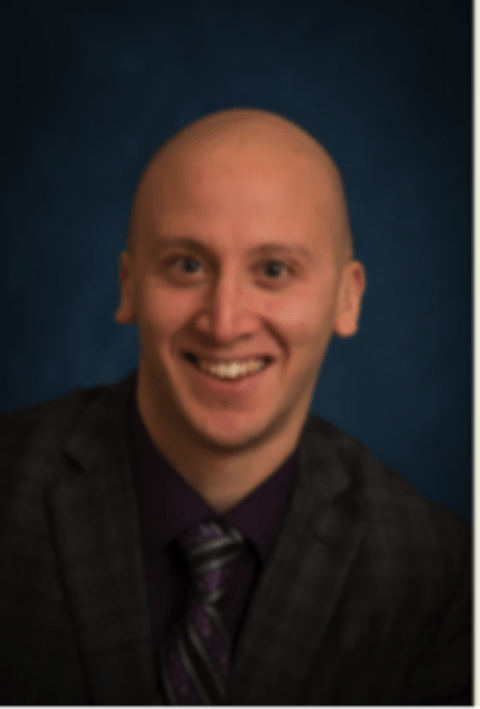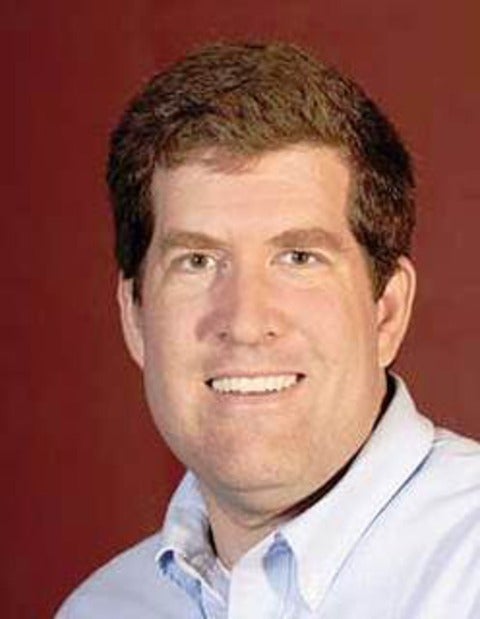Spatial noise filtering through error correction for quantum sensing
David Layden - Massachusetts Institute of Technology (MIT)
Sensors based on quantum effects can measure various external quantities, such as magnetic fields, with high precision. Moreover, their sensitivity can scale more favourably with their size than is allowed classically — a property analogous to quantum speedups in computing. As with quantum computers, the performance of quantum sensors is limited by decoherence. Quantum error correction (QEC) has recently emerged as a promising approach to mitigate this decoherence, and therefore, to enhance sensitivity.

